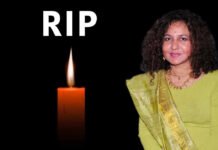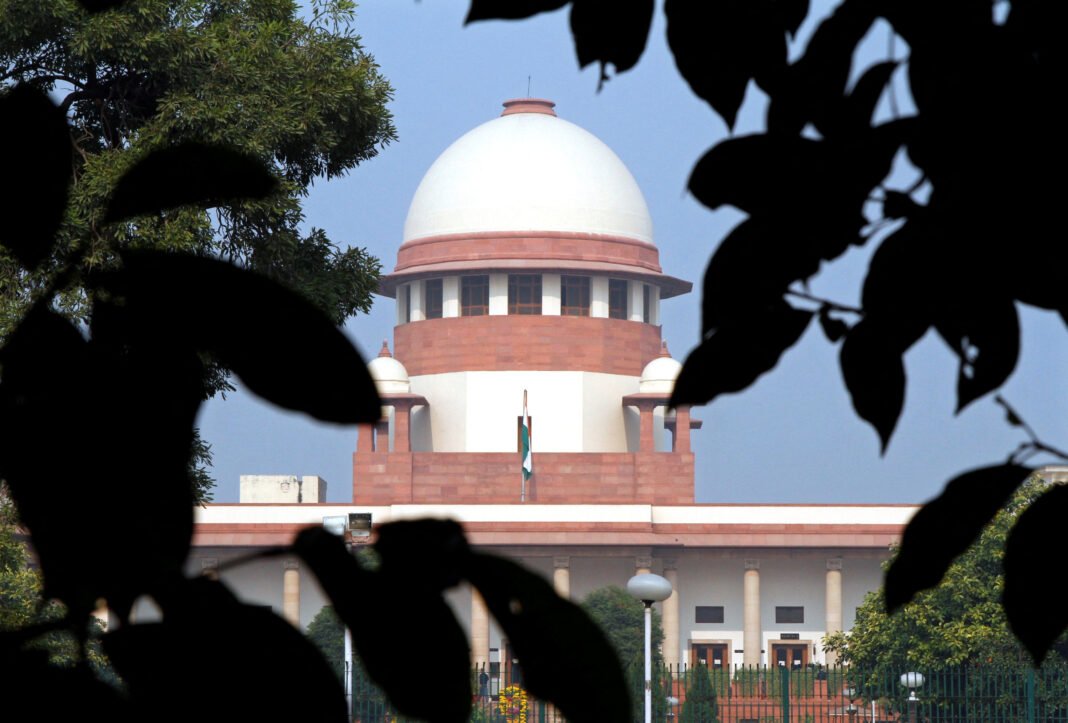In a recent turn of events, the Supreme Court has raised concerns regarding the suspension of Zahoor Ahmad Bhat, a political science lecturer, in close proximity to his appearance before the court. Bhat’s appearance before the court was in the context of a legal challenge against the nullification of Article 370, a constitutional provision that granted Jammu and Kashmir (J&K) a semi-autonomous status. The Supreme Court has urged Jammu and Kashmir’s Lieutenant Governor, Manoj Sinha, to review Bhat’s suspension due to the suspicious timing of the two events.
Led by Chief Justice of India Dhananjaya Y Chandrachud, a five-judge bench highlighted the potential suspicion surrounding Bhat’s suspension, which occurred shortly after his appearance before the court as one of the petitioners in the case. The bench has requested Attorney-General R Venkataramani and Solicitor-General Tushar Mehta to engage with the Lieutenant Governor and investigate the reasons behind Bhat’s suspension, which took place on August 25.
Bhat, armed with a law degree, appeared before the Constitution bench on August 23, asserting his concerns about the manner in which the annulment of Article 370 was executed, leading to the reorganization of Jammu and Kashmir into two Union Territories. During his appearance, Bhat challenged the restructuring process, contending that it disregarded democratic principles by failing to consider the consent of the people of J&K and Ladakh. He further argued that the restructuring contradicted the cooperative federalism and the supremacy of the Constitution.
Senior advocate Kapil Sibal brought the suspension matter before the bench, expressing his belief that taking action against an individual merely for presenting their perspective before the Supreme Court is unequivocally unjust. The bench aligned with Sibal’s viewpoint, stressing the importance of addressing this situation promptly. Chief Justice Chandrachud specifically questioned the proximity between Bhat’s appearance before the court and his subsequent suspension, highlighting the cause for concern. He stated, “Proximity of his appearance before this court in Article 370 matter and the suspension is something which is causing concern. If the reference to his appearance before the court is there in the order of his suspension, there is some problem…The timing appears a little suspect.”
Solicitor-General Mehta, while acknowledging that the timing was indeed questionable, explained that he had consulted J&K officials and discovered that Bhat’s suspension was motivated by reasons other than his arguments in court. However, the court remained focused on the close temporal connection between the two events, emphasizing that the coincidence of Bhat’s appearance and subsequent suspension had raised significant doubts.
To address these concerns, both Attorney-General Venkataramani and Solicitor-General Mehta were instructed to liaise with Lieutenant Governor Sinha and delve into the situation more deeply. Mehta conceded to the court’s concerns and expressed his willingness to reassess the matter, acknowledging that the timing of the suspension was not ideal. The bench, therefore, called upon the law officers to collaborate with the Lieutenant Governor’s office and reconsider the suspension order.
On August 25, Bhat faced immediate suspension by J&K’s school education department. The suspension was grounded in alleged violations of J&K Civil Service Regulations, J&K Government Employees Conduct Rules, and J&K Leave Rules. During his suspension period, Bhat has been designated to remain attached to the office of Director School Education Jammu. In tandem with the suspension, the Lieutenant Governor’s office also initiated a comprehensive inquiry into Bhat’s conduct, further deepening the gravity of the situation.
As this incident unfolds, it underscores the importance of safeguarding individuals’ rights to express their viewpoints without fear of retaliation. The Supreme Court’s vigilant scrutiny emphasizes the significance of maintaining a transparent and just environment, even in the face of contentious legal matters.































